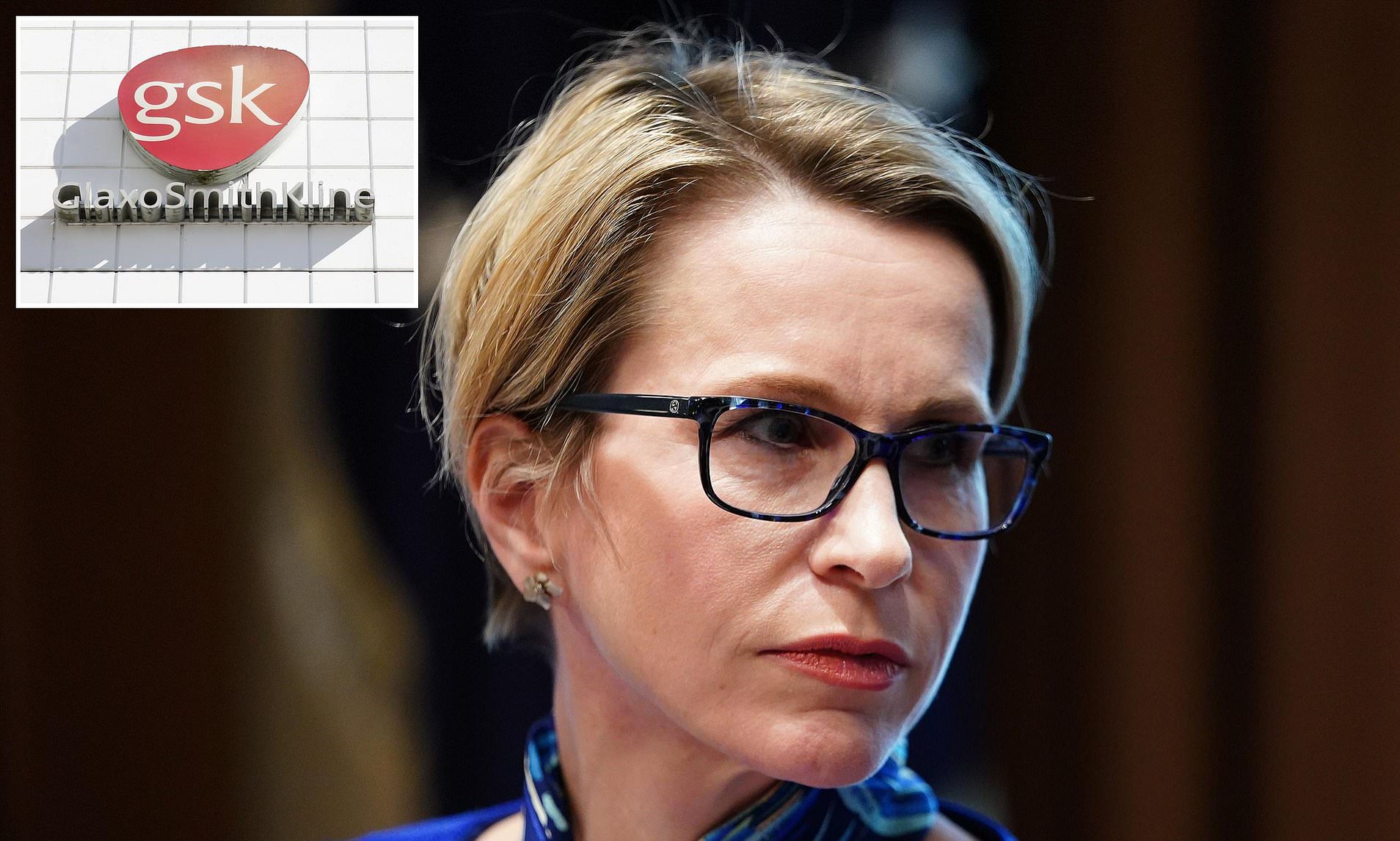GSK Shares Drop Following FDA Rejection of Key Blood Cancer Drug
Shares in GlaxoSmithKline (GSK) experienced a significant decline after a major setback involving one of its key drugs for blood cancer. The company’s stock fell by 4.6%, or 65p, to 1348p following the news that the Food and Drug Administration (FDA) advisory committee recommended against approving Blenrep. This decision has led to a loss of over £3 billion in market value for the pharmaceutical giant.
The rejection comes as a blow to GSK’s chief executive, Emma Walmsley, who has been working to revitalize the company’s pipeline of new treatments. Blenrep was originally withdrawn from the US market in 2022, and the company had hoped that the recent trials would demonstrate its effectiveness in reducing the risk of death and delaying cancer progression. However, the FDA raised concerns about the drug’s side effects, which have now played a critical role in the decision-making process.
The FDA advisory panel highlighted several potential side effects, including blurred vision and dry eyes, which are considered significant enough to outweigh the drug’s benefits. While GSK had high hopes for Blenrep, the recommendation against approval signals a major challenge in the company’s efforts to secure new drug approvals. These approvals are essential for offsetting declining sales from some of its top-selling medicines and vaccines.
In addition to the setback with Blenrep, GSK is also preparing for the expiration of key HIV patents starting in 2028. This looming change could impact the company’s revenue streams, making the success of new drug approvals even more crucial.
Despite the negative outcome, the FDA is expected to make its formal decision on Blenrep next week. However, many analysts believe that the likelihood of approval is low given the concerns raised by the advisory panel. This uncertainty adds to the pressure on GSK to find alternative ways to maintain its competitive edge in the pharmaceutical industry.
Challenges Ahead for GSK
The rejection of Blenrep underscores the challenges that pharmaceutical companies face when seeking regulatory approval for new drugs. It highlights the delicate balance between innovation and safety, as regulators must weigh the potential benefits of a drug against its risks. For GSK, this moment is particularly critical as it seeks to navigate a landscape marked by patent expirations and shifting market dynamics.
To counter these challenges, GSK may need to invest more heavily in research and development, focusing on areas where it can gain a competitive advantage. This includes exploring new therapeutic areas and strengthening its portfolio of innovative treatments. Additionally, the company may look to strategic partnerships or acquisitions to bolster its position in the market.
As the pharmaceutical industry continues to evolve, companies like GSK must remain agile and responsive to regulatory changes. The failure of Blenrep serves as a reminder of the importance of rigorous clinical trials and transparent communication with regulatory bodies. It also emphasizes the need for continuous improvement in drug development processes to ensure that new treatments meet the highest standards of safety and efficacy.
With the upcoming FDA decision and the broader context of patent expirations, GSK faces an uncertain future. However, the company’s ability to adapt and innovate will be key to overcoming these challenges and maintaining its position as a leader in the global pharmaceutical market.







